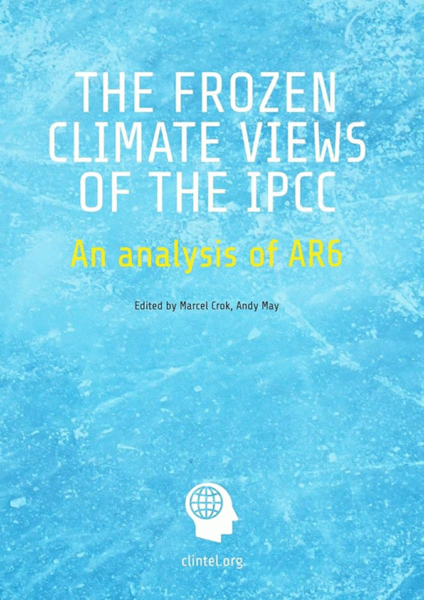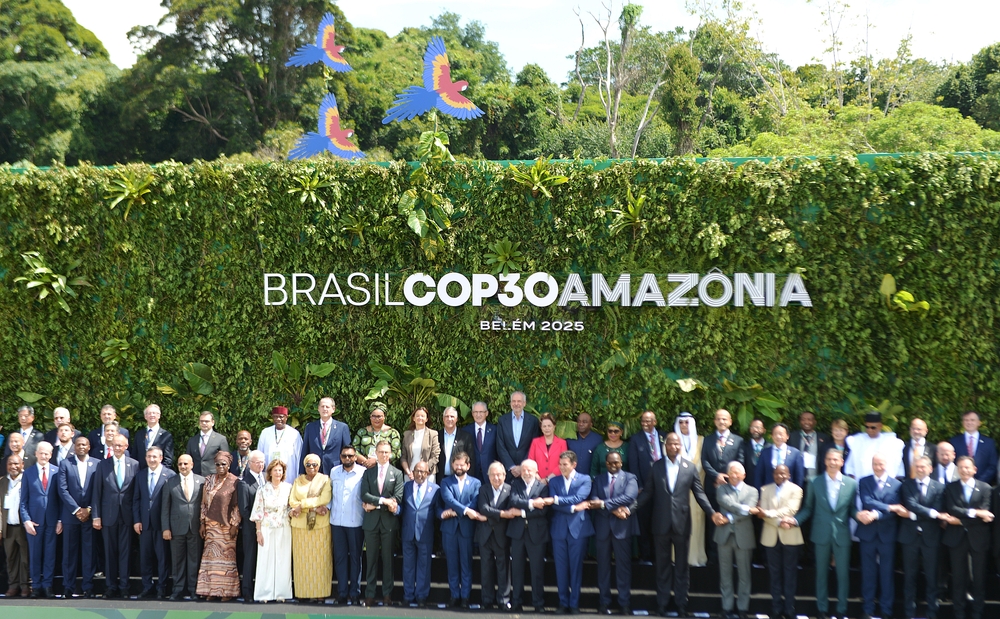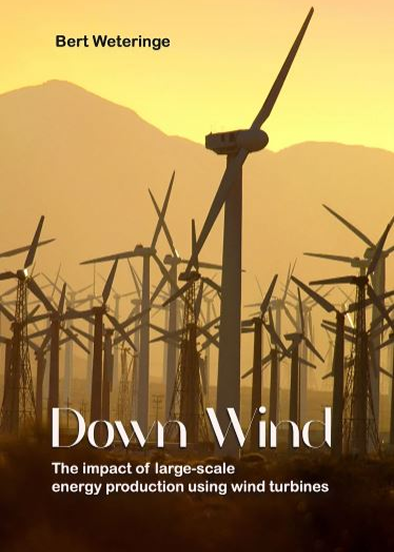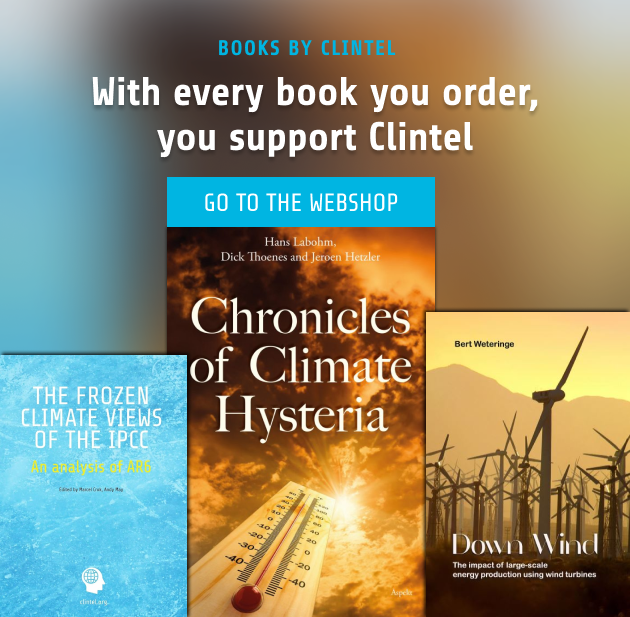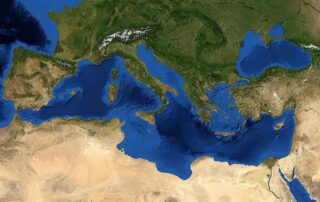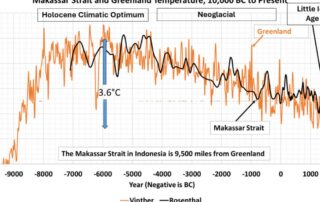COP30 fumbles the hard issue into the future
According to David Wojick the COP30 climate summit in Belém ended without resolving its toughest challenges — delaying decisions on fossil-fuel phase-outs, climate finance and trade policies until some unspecified “future roadmap.”
This was mostly a quiet COP and with good reason. None of the big issues that normally create the drama were on the initial agenda. This omission of the most contentious issues was conspicuously deliberate. But at the end things got out of hand and nobody knows where they are going.
The glaring initial omission was likely a Trump effect, because the biggest issue by far is funding from America and other so-called developed countries to the equally so-called developing countries. With the leading donor America not at the table there was little to discuss.
It all began when the agenda was established quickly and with little of the usual debate. COP President Lago of Brazil simply did not put the big issues on the list. Instead he set discussion groups to be held until the first Wednesday in the two week COP term.
Wednesday came and nothing had changed so the issues were again put off until Sunday when the COP was well on its way. There was still no progress so these issues were finally posted for formal discussion on the second Wednesday with just two days left to go.
The predictable result was a meaningless mishmash of futuristic statements. Mind you this makes sense since there was never anything of substance to decide. That is why few heads of state showed up.
But something big happened along the way. The buzzword that emerged was Roadmap. In each hard case there was going to be a roadmap for getting someplace, someday, which was often unspecified. But there were no roads so no map. An issue resolution roadmap normally specifies methods and milestones. In this case the only method was ever more meetings.
The big issues were huge dollar finance from America and other developed countries, trade measures, boosting emission-cutting ambition, transitioning away from fossil fuels and adaptation.
Trade measures is a relatively new issue. It has to do with the EU and some other countries implementing punitive trade barriers based on the emissions from making stuff. Of course coal burning countries are against this, led by China.
Transitioning away from fossil fuels was especially interesting because it emerged from the crowd of countries amid great resistance. In particular the African group initially insisted that in the near term fossil fuel development was essential to their economic development. This was a refreshing piece of reality that many countries came to share.
As the clock ran down transitioning away from fossil fuels became the really big issue. One side, the radicals, wanted a roadmap specifying a global end to fossil fuel use by a date certain. The other side simply wanted no such thing.
Roughly half of the almost 200 countries present were on each side. But the UN rules say agreement must be unanimous so half was pretty small.
The nutty EU and UK actually led the radicals, insisting until just before the end that the final agreement would have to include this transition. Happily it did not. In fact fossil fuels were not mentioned, a victory for reality.
Then it gets really interesting, possibly critically. A commitment to a roadmap to transition away from fossil fuels was not part of the COP 30 deal, but Brazil promised an initiative outside the UN process, building on a plan backed by Colombia and about 90 other nations.
This is a wild precedent to say the least. How does this new process work? Is it competing with the UN COP process established in 1992 with a Treaty all attending countries have ratified. Will the new process decisions have any such legal basis? It could even grow to replace the UN COP process which many countries have said is outdated. How it works is completely undefined.
In short Brazil fumbled the COP process to the point that an undefined new process is underway. Stay tuned to CFACT as this comic tragedy plays out.
This article was published on 24 November on cfact.org.

David Wojick
David Wojick, Ph.D. is an independent policy analyst and senior advisor to CFACT. As a civil engineer with a Ph.D. in logic and analytic philosophy of science, he brings a unique perspective to complex policy issues. His specializes in science and technology intensive issues, especially in energy and environment. As a cognitive scientist he also does basic research on the structure and dynamics of complex issues and reasoning. This research informs his policy analyses. He has written hundreds of analytical articles. Many recent examples can be found here.
more news
Rethinking the Mediterranean Climate Hotspot: New Evidence Reveals a More Complex Reality
Is the Mediterranean really a climate hotspot? Drawing on long-term hydroclimatic observations, Demetris Koutsoyiannis and Theano Iliopoulou revisit the evidence and highlight the region’s striking climatic complexity.
Is Modern Warming Unprecedented? A Critical Look at Holocene Temperature Evidence
Claims that today’s Arctic or global temperatures are unprecedented in the Holocene are still widely repeated in scientific literature. In this article, Andy May examines temperature proxy records and shows that both the magnitude and the rate of warming during the Holocene have been misrepresented.
The Polar Bear Narrative: What Scientists Knew Before Frozen Planet Aired
The Polar Bear Narrative: What Scientists Knew Before Frozen Planet Aired In 2011, BBC viewers were told that polar bears in the Barents Sea were starving due to climate-driven sea ice loss. Later scientific evidence shows that this portrayal was inconsistent with data already available at the time. [...]
